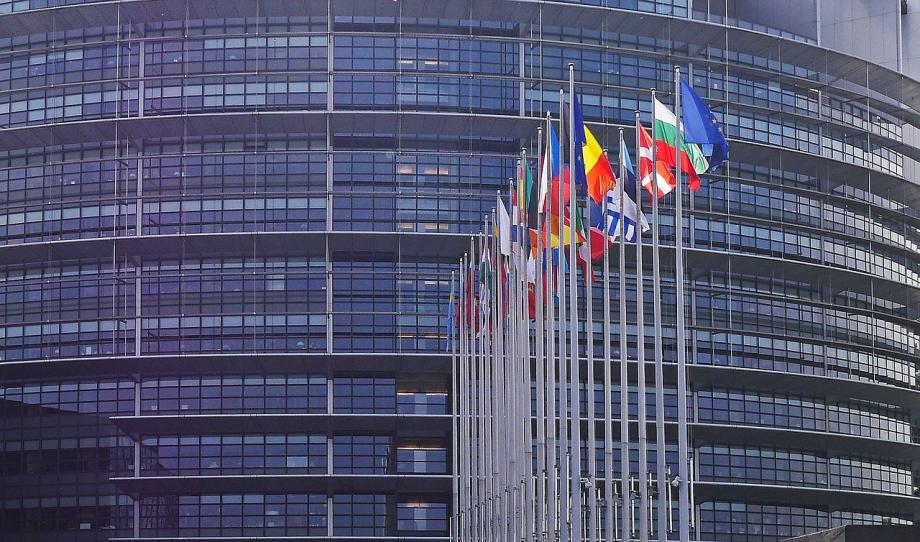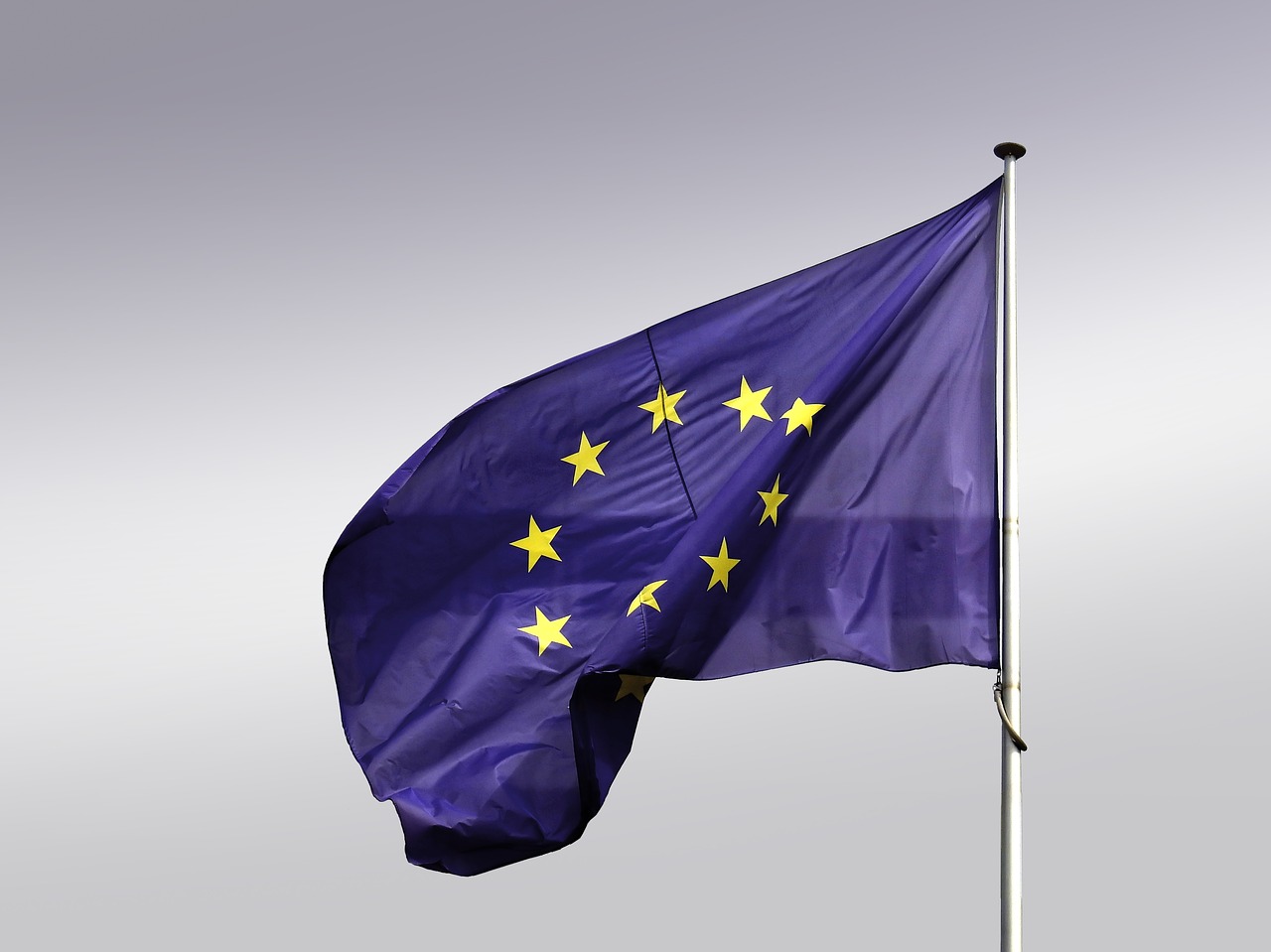Slovak Fight for the Seats in the European Parliament: Who is bringing Europe to the spotlight of the campaign?

As the European Elections are fast approaching, all relevant actors are trying to make their messages visible to the public. Alongside the traditional campaigning on the street, parties are also trying to mobilise voters through social media. We have examined the official Facebook pages of the relevant parties in Slovakia (more than 4% in the opinion poll) in order to see how they communicate about the European Elections. The focus was on the sentiment the Slovak parties associate with the European Union, whether they focus more on national or European perspective and whether the parties also mention the partners in other European countries or a political group they are a member of. The right extremists' party ĽSNS is excluded from this analysis, as they do not have either official or unofficial Facebook page, but use many pages with regional affiliation.
The monitoring was conducted from 15 April to 10 May, thus in the period when the topic of the presidential election was over and the parties could focus their campaigning in the upcoming European elections. 271 posts were analysed in total out of which 155 were related to the European elections.
Hard-working Slovak opposition
From the 155 related posts, the most active parties were the ones in the opposition. In total, KDH party published 31 posts related to the EP Elections followed by SaS with 26 posts and Sme Rodina, which published 25 posts. In general, the difference in the number of posts among the opposition parties was minor. Constantly active in the campaign on Facebook is the coalition of Progressive Slovakia and SPOLU. The first posted 20 and the latter 17 posts making it 37 posts in total, the highest number of all. However, the coalition does not use a common account, but both parties use their own Facebook pages and the majority of the posts is the same on both pages. In contrast to the opposition parties, the coalition parties informed their voters about the European election sporadically. Slovak National Party published in the analysed period only three posts about the European elections and Smer-SD only 4. Most active in this regard from the coalition is Most-Híd reaching 6 posts. This analysis shows a passive approach of governmental parties on Facebook, which might be caused by different strategies of how to gain voters.
The most pro-European Parties
In applying adjectives to the European project many parties have decided to remain quiet and to avoid the use of sentiments. Parties like SaS or OĽANO have tried to position themselves as pro-European even though their policy towards the EU has been always disputable. The analysed posts also contained criticism towards the EU, making their overall position somewhere between positive and neutral. OĽANO, for instance, is using the example of ‘our European house, which we have to maintain and fix’. When it comes to the most pro-European party in the campaign, the winner is the coalition of PS-SPOLU as more than 90% of their posts contained positive reference about the EU.
All parties were showing a strong pro-European position in the posts when they discussed the right-wing extremists and fascists, claiming a strong distinction from these groups and labelling them as a potential threat to the European project. Otherwise parties such as SaS and Oľano claimed the importance of the EU, but also pointed out areas, where they see a room for improvement.
From the coalition forming the government of the Slovak Republic, the most European party is Most-Híd, particularly with debunking the myths about the European Union and explaining the positives of the Slovak membership in the EU.
Interestingly, none of the parties claim that the EU is per se a bad project and the country should leave the Union. Neither the biggest critics of the EU nor the right-extremists party are demanding a referendum to leave the EU anymore. In this way, all the Euro-sceptic subjects are rather trying to set the agenda of changing the institutional structure of the EU.
European or national elections?

Many scholars claim the EP elections is decided on national topics. In the Slovak case, it is difficult to find evidence to the contrary of these claims. Most of the parties referred to the EU from the national perspective. Even the most pro-European grouping of PS-SPOLU informed about the EU from the national perspective, wanting the European level of education or healthcare in Slovakia.
SaS came up with a balanced approach to the EU and OĽANO brought more European perspective, particularly with the notion of European House.
Surprisingly enough, the leader in bringing the European perspective into the campaign is the new member of the group ENF currently under the leadership of Matteo Salvini, Sme rodina. It is the membership of Sme rodina in ENF, which they are trying to sell as a positive aspect like for instance the participation on the press conferences and events alongside with the parties like Austrian FPÖ or French politician Marine Le Pen. Sme rodina is trying to use the spotlight of the Salvini´s group, as it has positive reputation amongst the anti-system voters.
Sme rodina is also the only party presenting the candidates of the partnering parties to a great extent. All the other parties were active in presenting their own candidates and made no mention of the affiliated political group in the European Parliament. Most active parties in presenting their candidates were KDH, SaS, and OĽANO, although in the case of OĽANO the fact that the party´s leader Igor Matovič is an EP Election candidate himself played a role and probably has an impact on how much he is being promoted.
What about the future of Europe?
The move from leaving the Brussels-dictate and maintaining the state´s sovereignty is obvious also in presenting the vision of the EU. Sme rodina applied the agenda of their EP Group about building the Europe of nations and put an emphasis on the role of the national states. A similar narrative was also used by SNS. In general, the topic of how European integration should proceed was mentioned sporadically. Few mentions about stronger Europe were presented by PS-Spolu. A clear position in this regard was expressed by KDH, which call themselves as Eurorealists and want to keep the principle of subsidiarity in cultural and ethical policies.
After the weekend we will see, whose campaign had the biggest impact on the voters. Because the turnout is expected to be very low, every vote will be even more important.

Former Project Coordinator, Democracy & Resilience